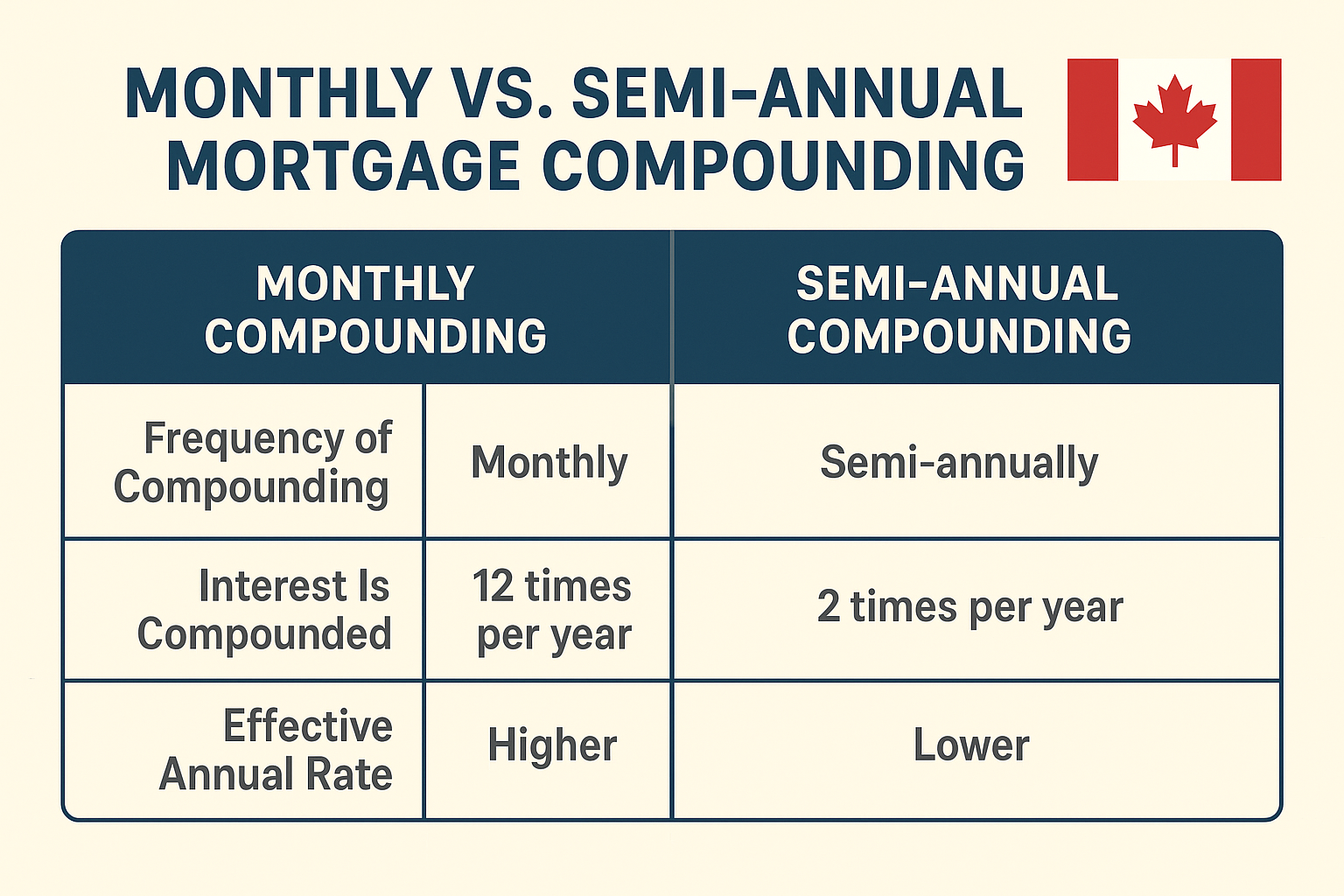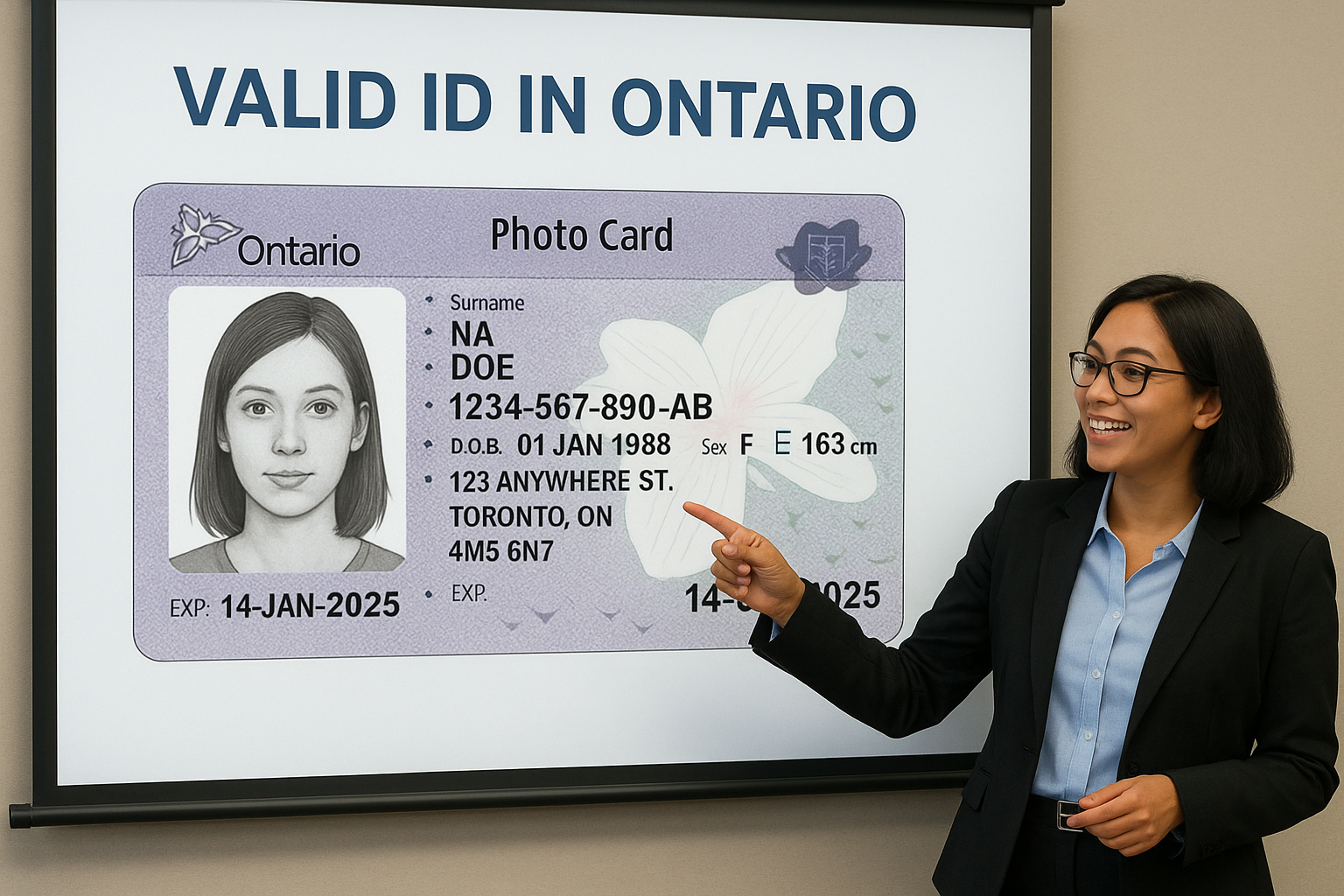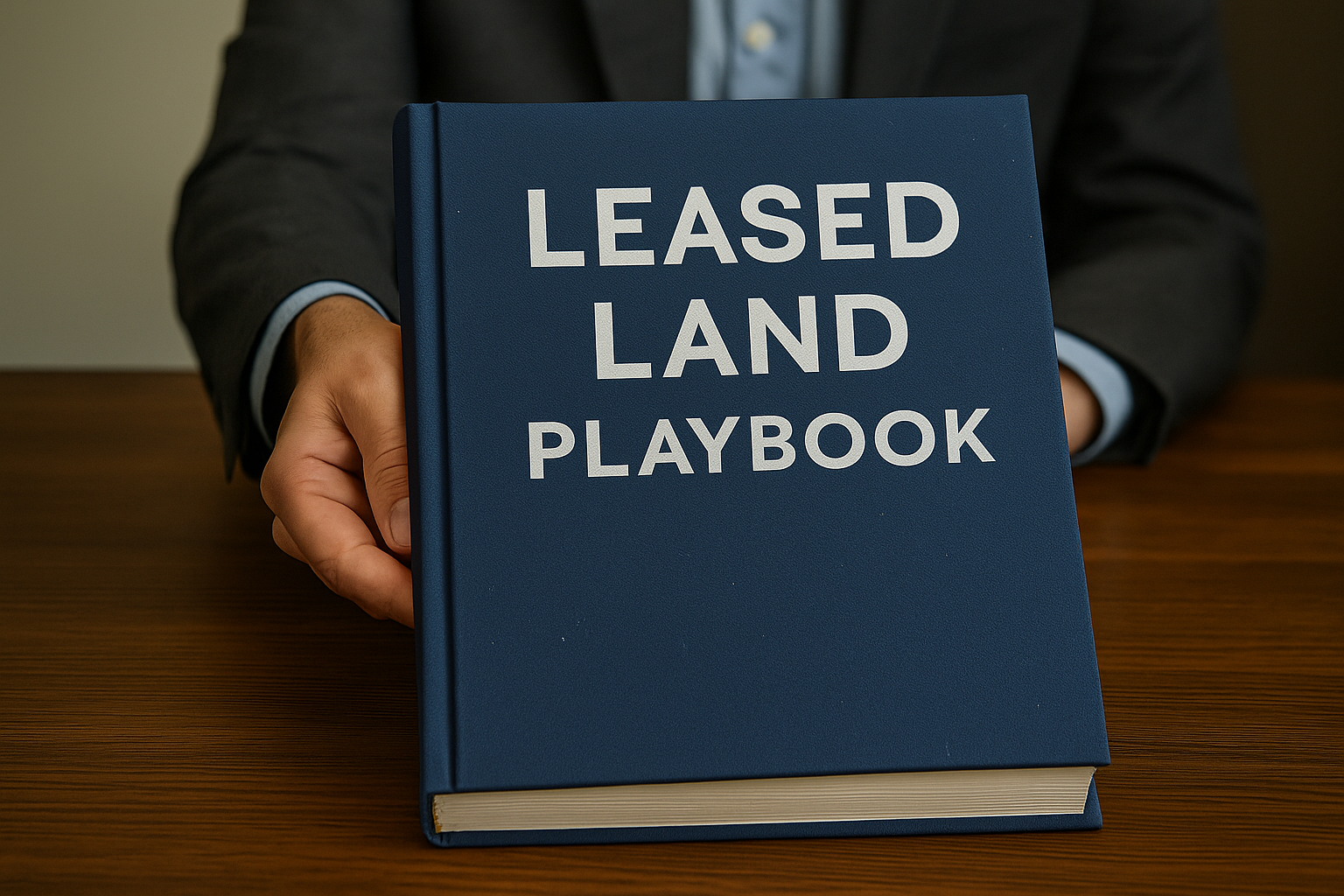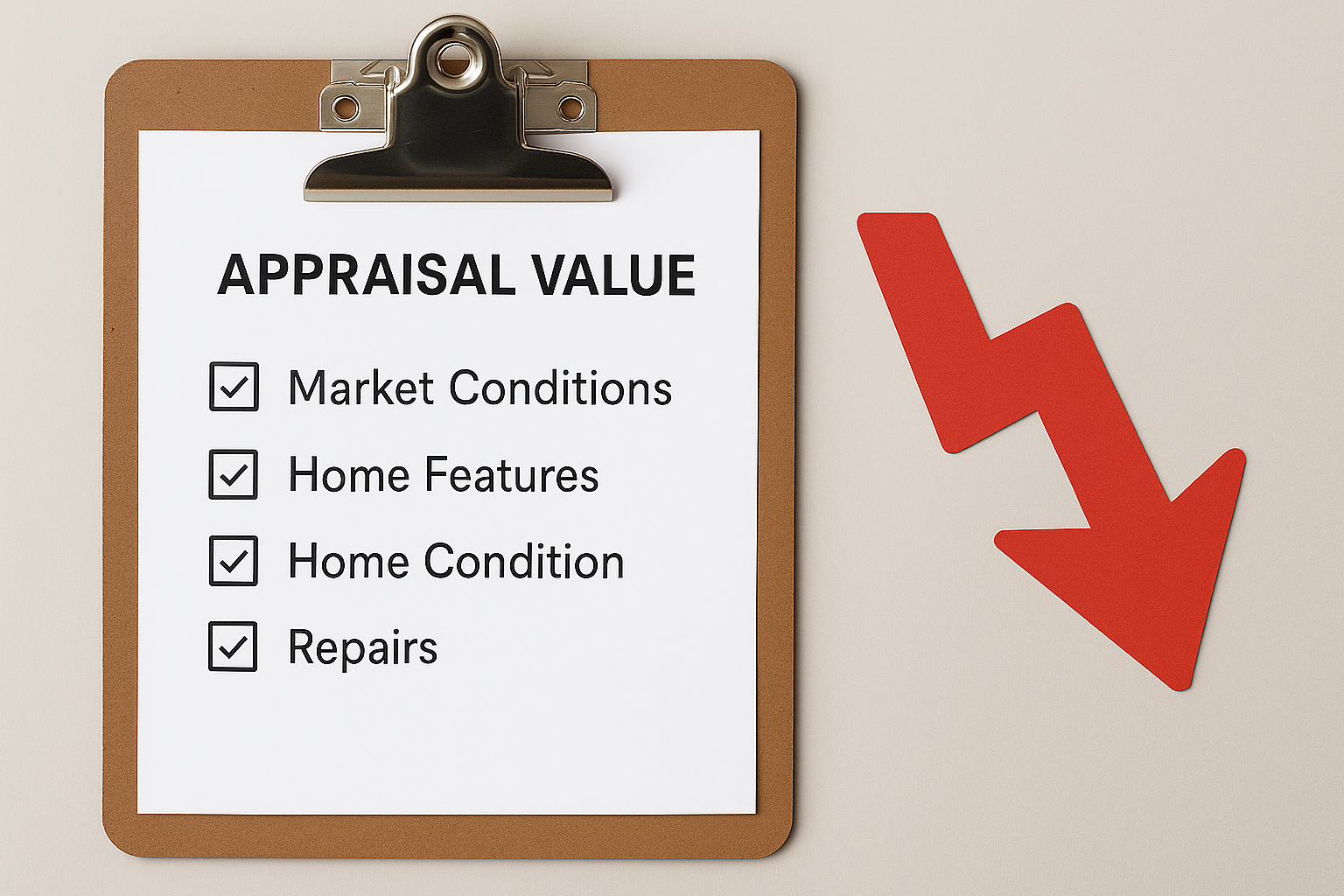Obtaining a commercial mortgage in Ontario can be challenging. We’ve found unique lending options to help complete your mortgage and close on your property. These are exciting times for building a business in Ontario. Did you know that nearly 98 percent of businesses in Canada are small to medium-size operations? That means businesses like yours are what drive our economy.
And, as life returns to normal in Ontario, there’s no better time for buying commercial real estate. So if you’re looking for a commercial mortgage, but you’re not sure where to start, keep on reading.
We’ll give you a step-by-step guide to getting the commercial mortgage that fits your needs.
Table of Contents
ToggleWhere to Start
We’ll start with an overview of the information you need to apply for a commercial mortgage. Putting your best foot forward to a commercial mortgage broker is a great starting point.
Whether it’s a new mortgage or you are refinancing, these are the essentials:
- Two pieces of valid identification
- Income statement or list of commercial expenses
- Notice of assessment for two years of the business
- Proof of assets, liabilities, and downpayment
- Leasehold agreements
- Articles of incorporation or business license
- Real estate appraisal
There is more information required depending on the type of property you are buying. There are also other documents if you are renewing or refinancing. The commercial mortgage broker will supply that information as needed.
For now, let’s look at two of the items listed. This is critical before your broker issues a commercial mortgage alert to lenders. These commercial mortgage elements affect the equity you will have in your property.
When measured against the appraised property value, your equity gets determined. Next, they will assess your assets, liabilities, and your downpayment for buying the property. Finally, commercial real estate lenders use the term loan to value to help determine your mortgage.
The lender will also want to know about any leasehold agreements with the property owner. Persons leasing a part or all the property are also important for assessing value and risk.
If you plan on making leasehold improvements to the property, it helps to tell your broker this information. As you will see, the more profitability you show, the more favourable it is for the lender. All these pieces go into a commercial mortgage calculator for the contract.
Making a Commercial Mortgage Work
Having documents prepared for submission are only the first part of the journey. How you present them is next. You may have a property in mind already, but there are some other things to consider first.
The most important aspect of getting a commercial mortgage is to show profitability. This will need you to examine all the elements of your business.
Does owning a commercial real estate property make the most sense right now? Will you outgrow your property before the end of your amortization term? You might find that leasing is a better option.
As a business owner, only you can answer these questions.
If buying is still your best route to success, you need to show the future prospects for your company. Showing reachable targets are helpful keys to obtaining better commercial mortgage rates.
It’s most important to take the time you need to make an informed decision. The buying process often lasts for 30 days or more. So, use the extra time to determine the right path.
If there’s a property you have in mind, tell the seller about your interest. Explain that you are looking at financing. Then, by all means, ask if they will wait.
But, before you bid, see a prospective lender first. And now, since you have control of the timeline, start looking at your options. So, where is the best place to go for a commercial real estate mortgage?
The Commercial Mortgage Broker Advantage
You’ll want to work with someone on your side while you’re busy expanding the rest of the business. Business people prefer mortgage brokers because of their expertise.
Commercial mortgage brokers have access to more knowledge in the field. This is because they have worked with every type of commercial real estate buyer and lender.
Access to more commercial mortgage lenders is another key feature. With more connections comes more choice. As a result, they are better equipped to provide the greatest value to the client. That’s you.
Commercial mortgage brokers represent you, the buyer, first. So, they’ll be looking for the best commercial mortgage rates possible. They can show you ways to improve your loan to value ratio and suggest terms that make sense to you.
Think of them as an adviser because of their knowledge base. Even if you find leasing is a better option, a mortgage broker can help you.
Commercial mortgage brokers also work with guidelines that are less restrictive than institutions. As a result, finding the right lender opens up to more possibilities. They will also help you decide on an amortization that fits your budget.
Another benefit to working with commercial mortgage brokers is time saved. You’re busy keeping your business moving. With the information you provide at the start, your broker goes to work filling in the rest.
If information is missing, they’ll let you know how to get it and where. Oftentimes, a commercial mortgage broker will get the documents you need for you. Again, all this saves you time better spent with your business.
There is one last feature you should know. When a commercial mortgage contract this prepared, it discloses all fees to the buyer. You never have to worry about hidden costs.
Get the Ball Rolling
Those are the basics for achieving a commercial mortgage. All that’s left to do is gather your documents and find a suitable location. After that, you need to visit a professional commercial mortgage broker.
Buying a commercial real estate property is a rewarding experience, especially when you work with someone you trust to get the best terms.
So, get the process started and give us a call to set up an appointment today.
- Mortgage Payments Compounded: The Truth About Payments in Canada - July 10, 2025
- Leased Land Mortgages in Ontario: How to Qualify and What to Expect - June 30, 2025
- Hard Money Mortgage Lending in Canada: A Homeowner’s Guide - June 9, 2025






